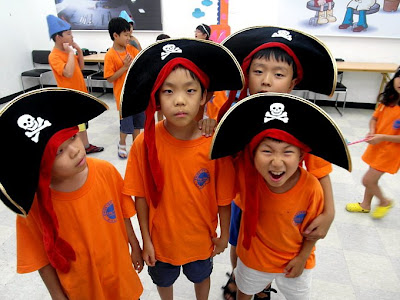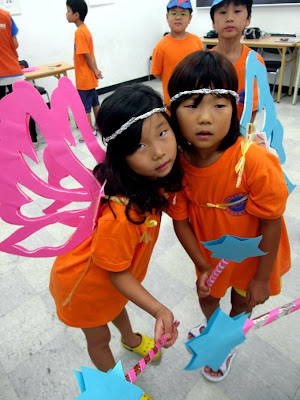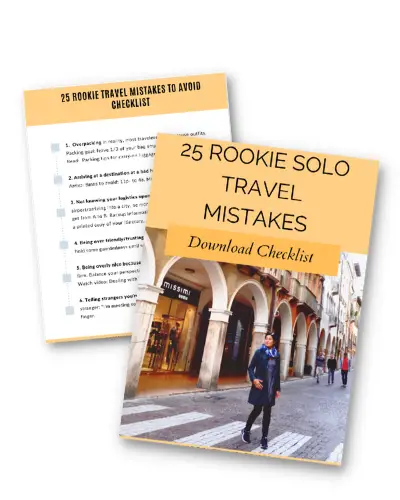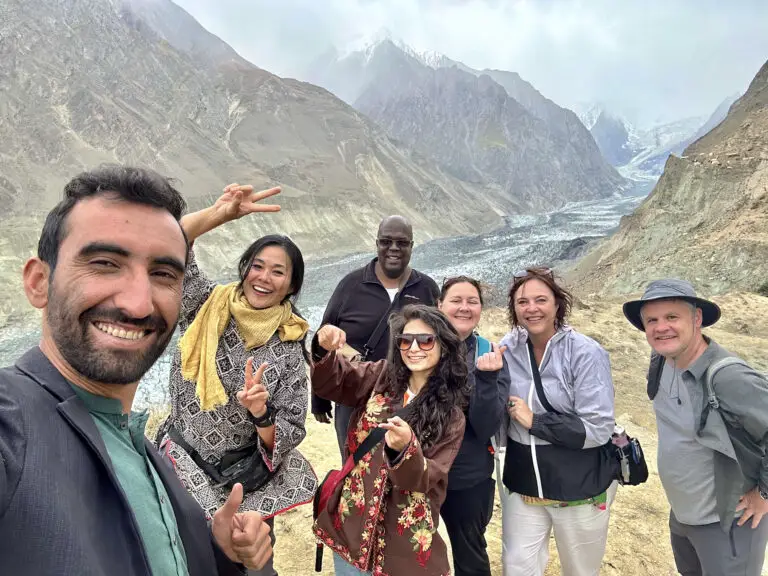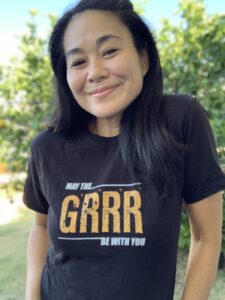Last Updated on April 3, 2024 by Christine Kaaloa

When I came back to Korea for the summer, I volunteered at an English Musical Summer camp! This camp was the equivalent of English village with kids sleeping over. There were no standard “classes”, where students were expected to “learn”; instead, everything needed to be spoken and in English.
Table of Contents: Teaching at a Musical Summer Camp in Korea
What is an English Summer Camp in Korea like?
I’d taught Korean summer camp for public school before (here, here and here) and the emphasis was on fun, entertaining but they still wanted students to learn and to be able to finish a goal. If you had a cooking lesson, the students would need to complete making something edible (aka peanut butter sandwich was a popular and easy one for some teachers), you could teach them songs to perform or more. I have fun with these because it’s the most creative and playful Korean students get to be. Many of them go to a hagwon after school for English, math and other things. That’s their extra curricular life and it’s pretty grueling.
This English summer camp in Korea was a private camp with Eduvisor. The camp for students is a week long summer escape sleepover where students can have English fun in games and activities while bonding with others.
Native English teachers (aka foreigners) were hired as camp counselors in the classroom, but we did not have to watch them at night. They had Korean youth counselors for that and the Korean counselor’s job was to manage the kids and assist us in our lessons. A lot of the Korean students would form attachments to the Korean counselors and most counselors were in their early college years.
The overall camp was three weeks long with a break on Sundays to turn things around and start with a new cycle of students on Monday.
We had the kids from 9A-9P and camp had to be fun!
Swimming, sports, role-playing rooms, noraebang room and lots of games in-between to bribe the kids with if they ever got bored. The only stipulation was the end project being a staged “musical”.
And it had to be good enough to match the high expectations of high-level corporate Korean parents who work in Seoul!

Letting the kids take a break with a ‘Head’s up 7up’ game… or what they like to refer to as ‘Mafia game’

Foreign English teachers got to do their own performance too. It was compulsory as most of these things dictated by the Korean workplace generally are.
The work was grueling, because each week was a new class and the goal of the foreign English teacher was to create quick lessons and but also come up with a choreographed musical to teach to the class, so they could perform it for an audience of parents by the end of the week. The true challenge was that each week, you needed to come up with theme, new songs and skits for the musical. Basically, a new musical each week and there would be judging for whose class wins at the end.
This was alongside whatever daily activities, games and lessons you had to be flexible to preparing for them to keep them engaged.
Small kine pressure.
But it was the most fun I’ve ever had. I got to coach and direct Korean kids towards talents and skills I’m passionate about… performing! And the fun is seeing the journey each student takes going from new and nervous to finding their own sparkle on stage and with English. Teaching Korean students is so much fun. I honestly think I can see myself doing for years.
Of costumes, we had some premade ones to work with in props back room. But we’d also have them create small things for their costume, while also playing stage mom and staying up late to put finishing glue and prettiness so their musical stood a chance at winning.
Casting and Directing a musical at a Korean camp
Acting, dancing, singing… don’t let youth fool you. Kids as young as 2nd grade (the youngest I’ve had so far) are perceptive and can perform at a surprising caliber.
Sometimes I spot budding talent straight off; other times, I recognize it while they’re rehearsing and learning things. Kids offer so many interesting variables to work with.
A mischievous personality might be great for “character acting” but they’ve got to be disciplined before they can be directed. Or maybe, your brightest and most vocal student has all the confidence to carry the lines of the lead but falls short in the acting personality department. Ai, what to do?
I’d also get curve ball cases, where I didn’t initially see talent but it sparked and surprised me. A shy/quiet girl might have natural dancing ability or a shy student might floor me by volunteering to speak hard dialogue and then nail it.
Other times, I’d have to woo students into what I thought they’d be best for or sell a role in a way which would make them want to do it. One of my brightest students was shy in volunteering for the lead so it went to a bolder student, who really wanted it. Unfortunately, the bold one went mousy when it came to performing. I told my first choice that she had to do the lead. And you know– she nailed everything like a professional… a natural ingenue! Another time, I had a painfully mouse and I a role of a girl pirate, which no one wanted to be. I had to sell it to her as one of the coolest “chick” roles, where she’d get to brandish a sword and be cool,dangerous, tough. She came out of her shell and acted the role the way I envisioned it!
The key is sensing how to access the nuggets of gold kids possess and direct them towards it!
Four tenants of good musical acting for the ESL stage in Korea
-
Clear and loud voice projection
Emphasize they’re speaking voice must read the backrow of the audience and practice that with them. Also work on pronunciation. Nothing is more of a turn-off than a thick accent where you can’t decipher what’s being said.
-
Large expressions
Like whooping large! There’s a reason why theatrical shows are so dramatic and expressive. Films can do closeups of emotions but on stage, there’s none of that. If gestures aren’t large, the audience won’t see them.
-
Acting for the audience, and not each other.
Remind them to face forward. Actions must be done for the audience. (i.e. if two characters are talking, they must cheat towards the audience and not close their bodies to each other)
-
The show must go on!
Kids are good at memorizing in Korea, but just what if your lead forgets a line? Have them understand that “perfection” is not the goal, but being comfortable with the lines and understanding the gist of what’s being said. If they forget, they can just use their own words.
6 Teaching Rules for Korean Students
- Kids learn by copying, but if you give them breathing space to be themselves, you may stumble upon genius talent. In other words, give them an outline but then, let them color it in.
- A teacher is the role model: you can’t expect kids to know/ learn it if you can’t do it first yourself.
- Students will perform better if they understand and relate to why they’re doing something.
- Memory has a stronger anchor if it’s tied to movement and emotion.
- Kids are capable of acting with sincerity and passion.
- Have faith that children will come through and do their best, when it’s showtime.
The challenge of making a musical
If you’ve ever done a 24-hour film shootout contest, this is comparatively harder. I had all of 6 days to sculpt a *wow* factored musical from ESL elementary kids.


The musical project:
- Each NET was in charge of a team and given a musical.
ie. Peter Pan, Ali Baba, Mama Mia, Wizard of Oz, etc… - We each had 1-2 Korean young adults (aka Korean youth counselors) to help.
- Find your own songs, script dialogue, choreograph movement and dance for the kids to perform.
- Make your own costumes and props (* props/wardrobe room had a limited supply)
- Time frame to do this in: 6 days!
Interesting right? That’s incredible Korea.
Here’s a downloadable sample of this Peter Pan musical I made for my 2nd-3rd graders (click here).
Video of this performance in the next post.







